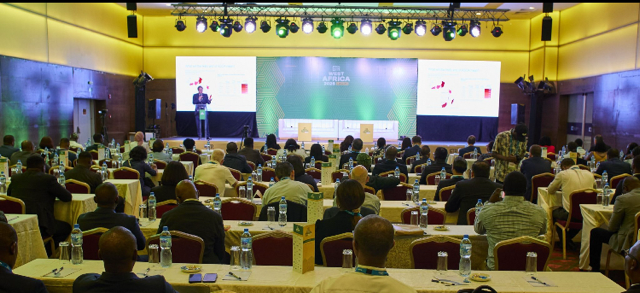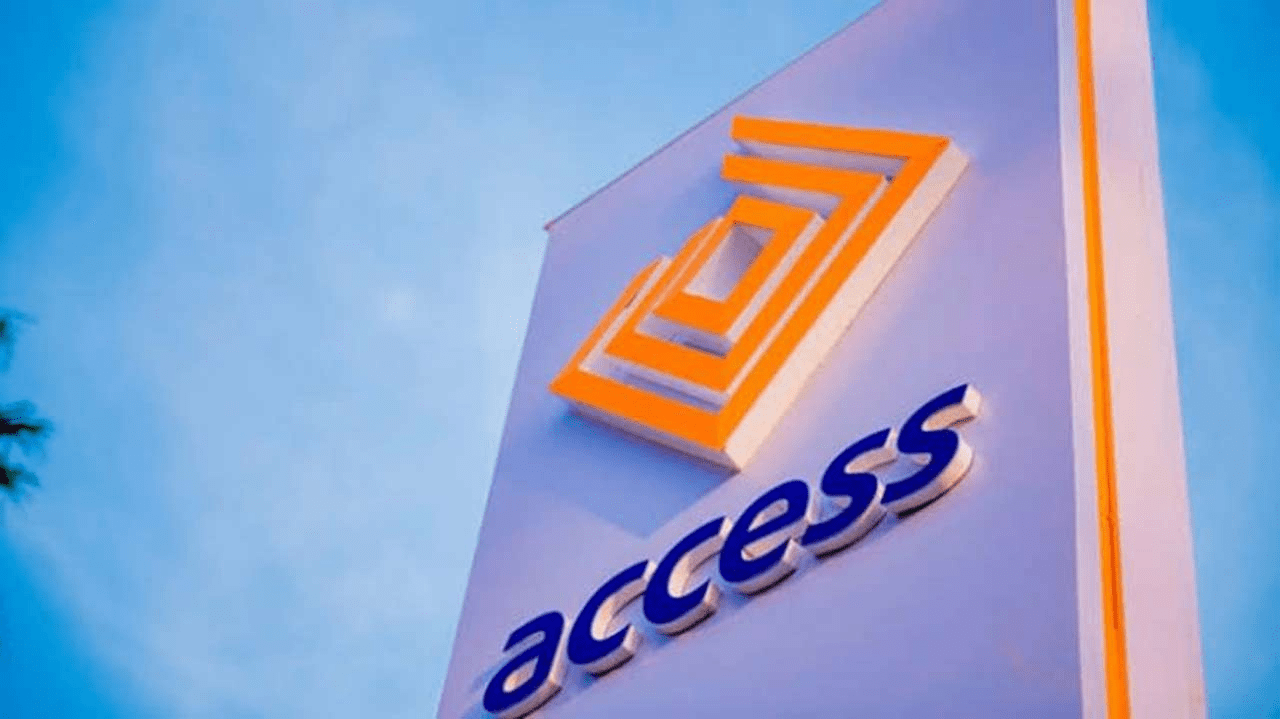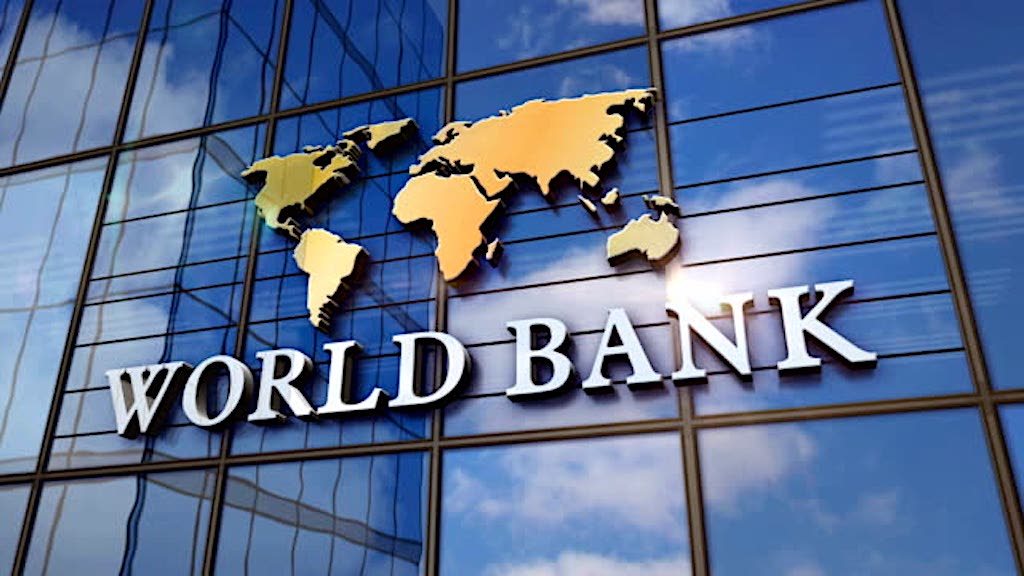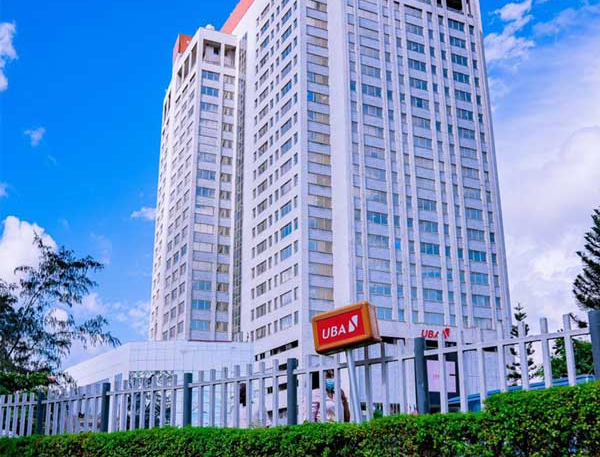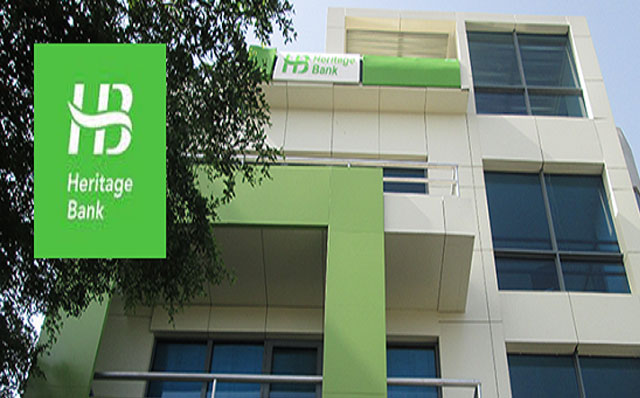Kayode Tokede
Amid double-digit inflation rate, 10 leading Deposit Money Banks (DMBs) in Nigeria saw their average Cost-to-Income Ratio steady at 46.56 per cent in 2024 from 46.12 per cent in 2023.
The banks are: GTCO, First Holdco Plc, Access Holdings Plc, Ecobank Transnational Incorporated (ETI), Zenith Bank Plc, United Bank for Africa (UBA) Plc, Fidelity Bank Plc, Wema Bank Plc Stanbic IBTC Holdings Plc and FCMB Group Plc.
Cost-to-Income Ratio is important for determining the profitability of a bank and it gives a clear view of how efficiently the bank is being run. The lower the ratio, the more profitable the bank.
In the banking sector, CIR is a critical indicator of operational efficiency. A lower CIR can reflect better cost management, higher productivity, or both. However, it should be analysed alongside other metrics like Return on Equity (ROE) and Net Interest Margin (NIM) for a holistic assessment.
For banks, an ideal CIR is typically between 40 per cent and 60 per cent, though this can vary based on the industry and geographic region.
Inflation rate in Nigeria, according to the National Bureau of Statistics (NBS) increased to 38.8 per cent in 2024.Elevated inflation, driven by currency depreciation and persistent food price pressures, continues to pose a concern for most African economies. However, moderation in inflation is expected in 2025, supported by improved agricultural output and stabilizing exchange rates.
Sub-Saharan Africa’s central banks maintained high interest rates in 2024 to curb inflation and support currency stability. With the outlook of inflation tapering in the horizon, the region is expected to see a gradual shift toward monetary easing in 2025.
THISDAY analysis of Nigerian DMBs 2024 results revealed that GTCO declared the lowest CIR in 2024 when it dropped to 24.14 per cent in 2024 from 29.13 per cent reported in 2023 financial year amid increasing operating expenses (OPEX).
GTCO reported a 60.9 per cent growth in OPEX from N250.4 billion in 2024 to N403.0 billion in 2024 with non-controllable cost mix improving to 28.9per cent of the OPEX in 2024 from 33.3per cent in 2023.
GTCO in a presentation said, “The key OPEX growth drivers are as follows: Increase in regulatory charges – AMCON levy and Deposit Insurance Premium. AMCON levy increased by 34.2 per cent (N36.6billiion vs N27.4billion) due to growth in total Asset and contingents base (N7.33trillion vs N5.46trillion).
“Also, deposit insurance premium increased by 28.9per cent (N21.9 billion vs N17.0 billion) due to a 48.1 per cent increase in underlying customers’ deposit volume (N5.26 trillion vs N3.55 trillion). 84.3 per cent growth in occupancy costs and repairs & maintenance (N35.2 billion vs N19.1billion), driven by impact of exchange rate and increase in price occasioned by rise in diesel, fuel, and general maintenance costs as well ground and water rates.
“48.4per cent growth in technological and service-related expenses to N88.0billion in 2024 vs N59.3billion in FY-2023 is in line with the Group’s growth aspirations, necessitating increased spend on technology. The weaker Naira/US$ conversion also had a major impact on the translation of subsidiaries’ OPEX balances.
“89.4per cent growth in personnel expenses (N85.4 vs N45.1billion) resulted from increase in salaries of core and non-core employees across the Group’s banking and non-banking entities to cushion the impact of rising cost of living for employees.”
The lender in the period under review emerged as the second most profitable bank after Zenith Bank, reporting N1.27 trillion profit before tax, about 107.8 per cent increase from N609.31billion in 2023.
Similarly, other Tier-I and II banks investigated by THISDAY recorded Cost-to-Income Ratio below 70 per cent in the period under review.
Data compiled by THISDAY showed that Zenith Bank recorded 38.90 per cent Cost-to-Income Ratio in 2024 from 36.10 per cent in 2023 followed by UBA with 49.50 per cent Cost-to-Income Ratio 2024 from 37.26 per cent reported in 2023FY.
Zenith Bank in a statement said, “Rise in the cost-to-income ratio was driven by increase in regulatory cost and I.T spend, as well as general prices due to higher inflation levels.”
Zenith Bank’s profit before tax stood at N1.33trillion in 2024, about 67 per cent increase over N795.96 billion reported in 2023.
For Access Holdings, its cost-to-income ratio moved to 56.70 per cent in 2024, from 44.60 per cent in 2024, while First Holdco posted cost-to-income ratio of 43 per cent in 2024 from 49 per cent in 2023.
Indication revealed that Access Holdings has the highest cost-to-income ratio among its peers in the period under review.
Access Holdings in presentation to analysts said “OPEX growth reflects strategic investments in technology, expansion cost and macroeconomic pressures. The Group’s Cost-to-Income Ratio increased to 56.7per cent in 2024, from 44.6per cent in 2023, driven by operating expenses (OPEX) growing ahead of operating income. OPEX grew to N1,453.4billion in 2024 from N697.5billion in 2023, from the impact of inflation on the business, foreign exchange devaluation, and regulatory costs.”
Other banks with Cost-to-Income Ratio below 50 per cent threshold were Fidelity Bank at 42.90per cent in 2024 from 50.40 per cent in 2023, while Stanbic IBTC Holdings posted 37.70per cent Cost-to-Income Ratio in 2024 from 47 per cent.
Commenting, the Vice President, Highcap Securities Limited, Mr. David Adnori stated that the ratio measures the efficiency of a bank in managing its expenses relative to its income.
He said, “It shows how much money the bank spends to generate a naira of income, for example, GTCO – the bank burns just N0.24 to generate N1.00 income in the period under review.”
He commended banks operating in Nigeria and other part of Africa for remaining resilience amid macroeconomy challenges.
Speaking, financial analyst and Chief Research Officer, InvestData Consulting Limited, Mr. Omordion Ambrose added that the ratio measures the efficiency of a bank in managing its expenses relative to its income and it is important for banks to cut expenses in a move to generate more profit.

